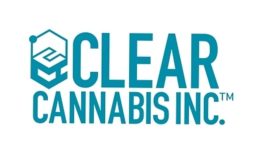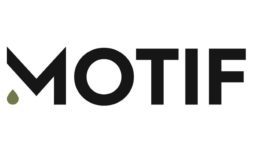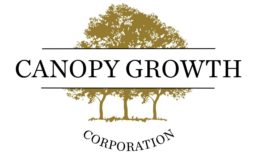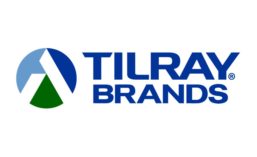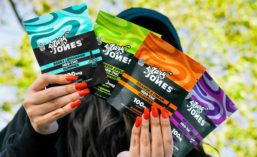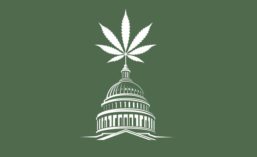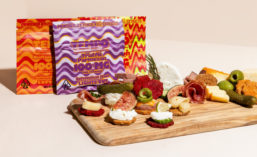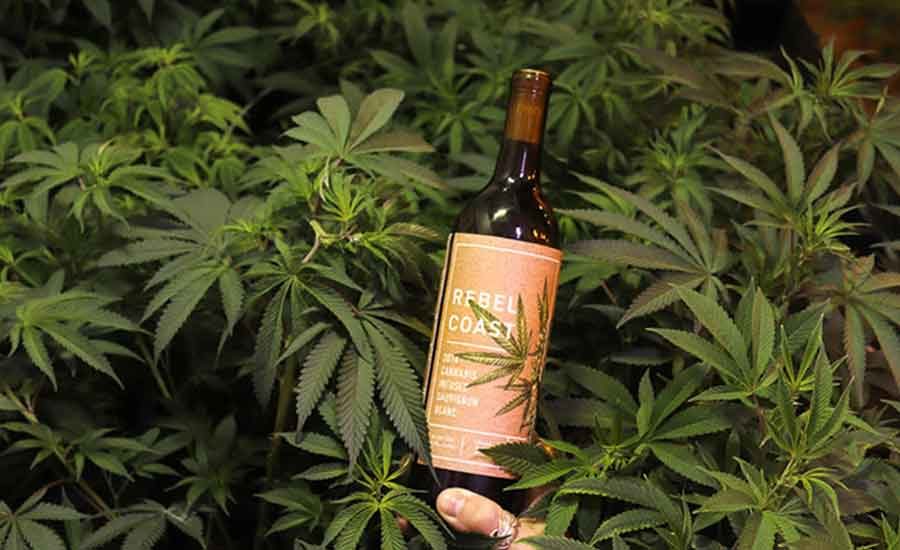Cannabis
Find the latest information from the cannabis food and beverage industry, including new products, category trends, legal and regulatory updates, and innovations in ingredients, equipment and packaging.
ARTICLES
Company brings The CLEAR brand to the state with Kushi Labs.
Read More
Planet 13 Opens CANNABITION Event Space in Las Vegas
Venue is located next to company’s DAZED! consumption lounge.
May 7, 2024
Motif Labs Appoints Two to Financial Leadership Team
Company names first CFO and senior director of sales, finance and insights.
May 7, 2024
Canopy USA Exercises Rights to Acquire Wana, Jetty
Canada-based Canopy Growth Corporation previously moved to acquire U.S. companies.
May 7, 2024
Tilray Brands Expands Range of XMG Beverages
Company adds THC, CBG beverages under XMG Zero, XMG+ sub-brands.
May 2, 2024
Jones Soda Introduces Mary Jones Hemp Gummies
Available in four flavors, the gummies come in 50 mg and 100 mg packs.
May 2, 2024
Grön introduces Tart Cherry Sugar-Coated Pearls with TruCBN
Each pearl features 2.5 mg THC and 25 mg TruCBN.
May 1, 2024
AP: DEA to reschedule cannabis
The federal agency’s proposal still requires review from White House Office of Management and Budget.
April 30, 2024
Punch Edibles & Extracts acquires Tempo Crackers
Punch previously served as Tempo’s manufacturer.
April 30, 2024
TeaPot Blackberry Rooibos Good Evening Iced Tea
Boston Beer Company's cannabis beverage brand continues expansion across Canada
April 30, 2024
IMAGE GALLERIES
Cannabis Foods & Beverages
As more states legalize recreational marijuana, the varieties of pot-enhanced food and beverage will increase. Take a look at this Prepared Foods’ Product Gallery, highlighting several recent releases in the growing edibles market. Look out for continued interest and acceptance in a host of snacks, treats, and beverages that feature the added benefits of cannabis.
Posted: February 14, 2018
